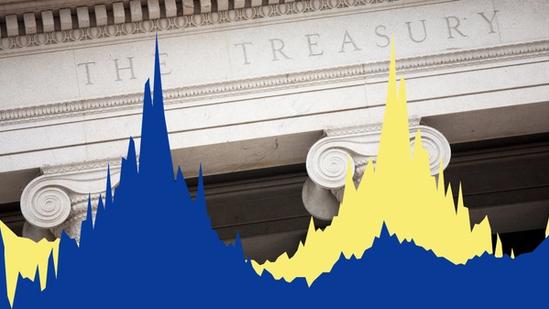What Does a Year of Elections Mean for Private Equity Investors?


While surprise poll results can send public markets reeling, PE investors can often keep their heads down and ride out the disruption.
- The year is awash with elections, with several surprise results already hitting markets.
This year is heavy with elections. Roughly half the world’s population lives in countries heading to the polls this year.
As we edge nearer to the end of 2024, we’ve already seen significant results from India to Taiwan, and from South Africa to Indonesia. In Europe, the U.K. elected a Labour government for the first time in 14 years while French voters installed the left-wing New Popular Front as the largest grouping in parliament.
Coming late in the year, perhaps the most consequential election of all is due in November when U.S. voters select a new president to lead the world’s largest economy.
The impact of election uncertainty
For private equity (PE) funds, the democratic process can bring uncertainty. And investors hate nothing more.
Much of the time – such as in July’s U.K. election – the major parties promise similar approaches to economic management, leaving fund managers agnostic as to who holds the reins of power.
Yet some elections can spring unwelcome surprises. Mexican stocks and the peso slid in June after Claudia Sheinbaum was selected as president and her left-wing Morena party won a majority in both houses of Congress.
Those surprises can be doubly unpleasant for investors when election results confound the polls, as in India this year. Markets in the world’s largest democracy also took a tumble after Prime Minister Narendra Modi’s Bharatiya Janata party, which is seen as pro-business, unexpectedly lost its majority in parliament.
The shelter of illiquidity
PE investments are generally highly illiquid, which means they don’t change hands between buyers and sellers very often. This gives PE fund managers an advantage over colleagues who invest in publicly traded stocks, which react in real-time to election upsets.
While results such as those in Mexico or India can send public markets reeling, PE investors can often keep their heads down and ride out the disruption.

November’s U.S. election
At the time of writing, Donald Trump has sewn up the Republican party’s support and has received a formal nomination at the Republican National Convention in mid-July. Incumbent President Joe Biden, meanwhile, emerged victorious from the Democratic party’s primary process – only to withdraw from the campaign after facing calls from some quarters to step aside following a halting debate performance in late June. Kamala Harris, Biden's former Vice-President is now set to face Trump at Super Tuesday on 5th November 2024.
At the market level, election years have historically had only a marginal impact. The S&P 500 has posted a median gain of 14% in the 24 election years over the past century. That compares to a median 14.7% gain in the 72 non-election years.
That 0.7 percentage point gap – while small – could arguably be evidence of investor caution surrounding the votes. But market commentators argue that prevailing factors like economic recessions, wars, or financial crises have a greater market impact than party politics.
U.S. election impact beyond markets
Beyond the potential market impact, PE investors will have a close eye on one particular aspect of U.S. tax policy that may split the two parties in November’s election: carried interest.
Carried interest allows executives at PE and other investment firms to account for the bulk of their earnings as capital gains rather than income. Biden has pledged to stop this “loophole”, while floating a separate proposal to tax all long-term capital gains as income for those earning over $1 million.
Under the Democratic party’s plans, recipients of carried interests could face federal tax rates of up to 44.5% rather than the current 23.8% rate. The Republicans, in contrast, have proposed changes that would cut the tax owing to 15%.
ThinQ is the must-bookmark publication for the thinking investor.



